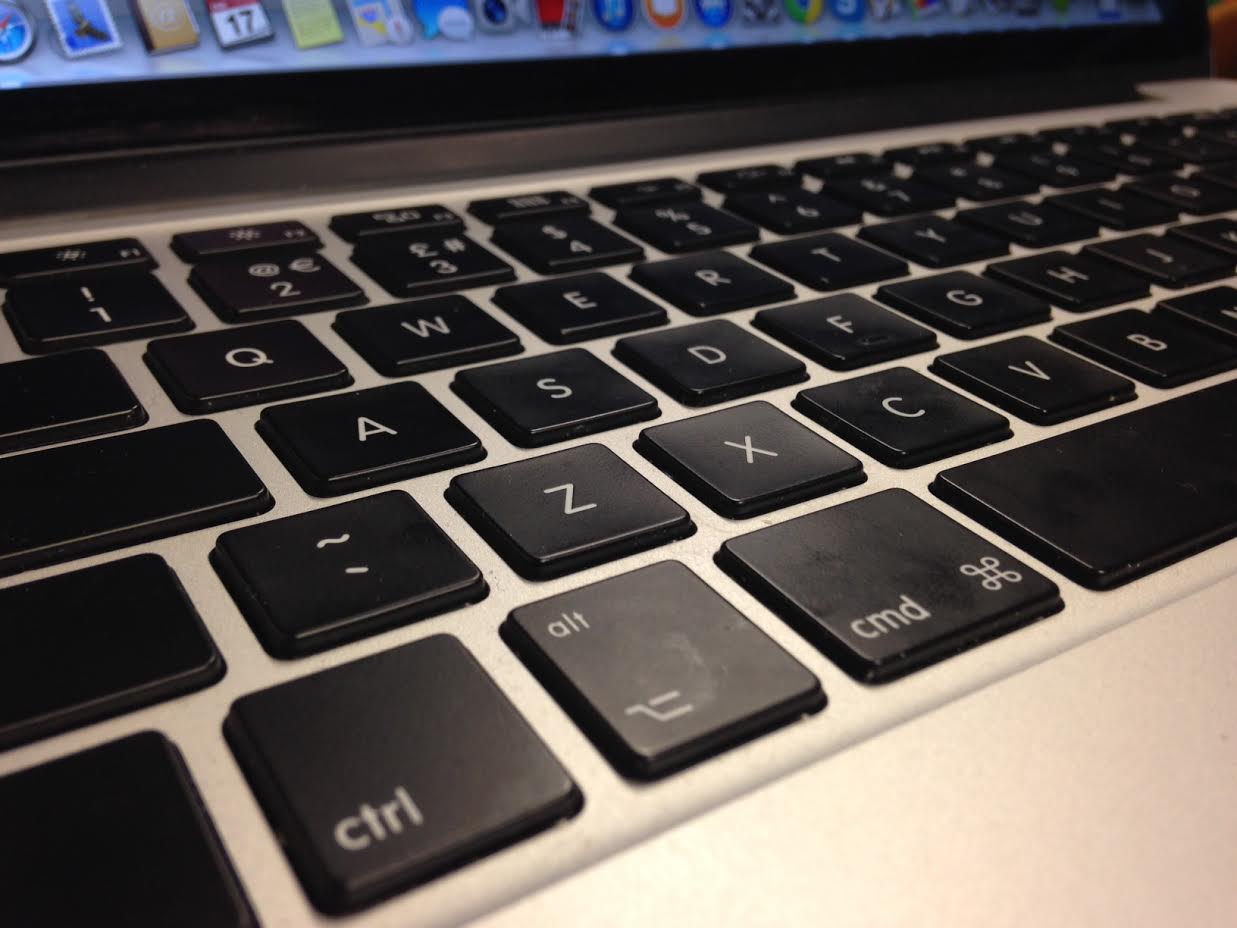Smartphone gamers help out with cancer research fight
Citizen scientists help cut time taken on cancer research from six months to one.


Smartphone gamers have helped Cancer Research UK shorten the time it takes to analyse DNA for signs of cancer from six months to one.
Last month, Cancer Research UK launched smartphone game Play to Cure: Genes in Space. While the game looks much like a shoot 'em up in space, it actually analyses DNA for signs of cancer. Players have to guide a spaceship through an asteroid belt to collect cargo called "Element Alpha".
Cancer Research UK's scientists must decode vast amounts of data to discover cancer-causing genetic faults in order to develop new targeted treatments for patients. But the human eye is needed to spot patterns in the data computers aren't precise enough. And it would take scientists years to do this manually diverting their time from other essential research.
Each time gamers play the game they analyse the DNA of one chromosome one classification about 0.002km of DNA. With the thousands of people playing the game, and analysing DNA at the same time, there have been 1.5 million classifications through the game from players in almost every country in the world in just one month.
Players have collectively dedicated more than 53,000 hours six and a half years to playing the game and analysed around half the data from the first research project. Normally it would take one scientist eight hours a day, five days a week to examine 1.5 million chromosomes at rate of 50 chromosomes an hour.
The data analysed comes from 2,000 breast cancer patients from three hospitals in the UK and two in Canada.
"We're astounded by this fantastic support from citizen scientists across the world which goes to show you don't need to wear a lab coat to be a hero," said Hannah Keartland, Cancer Research UK's citizen science lead.
Get the ITPro daily newsletter
Sign up today and you will receive a free copy of our Future Focus 2025 report - the leading guidance on AI, cybersecurity and other IT challenges as per 700+ senior executives
"It's crucial we don't stop here because the more people who play in their spare moments, the quicker we'll make a difference.
"It's still early days but we believe the collective force of global gamers could have a massive impact and speed up our life-saving research."
Professor Carlos Caldas, senior group leader at the Cancer Research UK Cambridge Institute at the University of Cambridge, said: "We're incredibly grateful to everyone who is giving their spare moments to help us analyse genetic data.
"We're working hard to develop better drugs, improve the diagnosis of cancer patients and understand why some treatments work and others won't to spare unpleasant side-effects.
"Computers can't analyse our research data with 100 per cent accuracy we need the human eye for greater precision. It can take us years to decode the huge amounts of data generated by research. But with everyone's help, the boost to our work could be enormous."
The app is available to download for iOS and Android devices.
Rene Millman is a freelance writer and broadcaster who covers cybersecurity, AI, IoT, and the cloud. He also works as a contributing analyst at GigaOm and has previously worked as an analyst for Gartner covering the infrastructure market. He has made numerous television appearances to give his views and expertise on technology trends and companies that affect and shape our lives. You can follow Rene Millman on Twitter.
-
 The Race Is On for Higher Ed to Adapt: Equity in Hyflex Learning
The Race Is On for Higher Ed to Adapt: Equity in Hyflex LearningBy ITPro
-
 Google faces 'first of its kind' class action for search ads overcharging in UK
Google faces 'first of its kind' class action for search ads overcharging in UKNews Google faces a "first of its kind" £5 billion lawsuit in the UK over accusations it has a monopoly in digital advertising that allows it to overcharge customers.
By Nicole Kobie